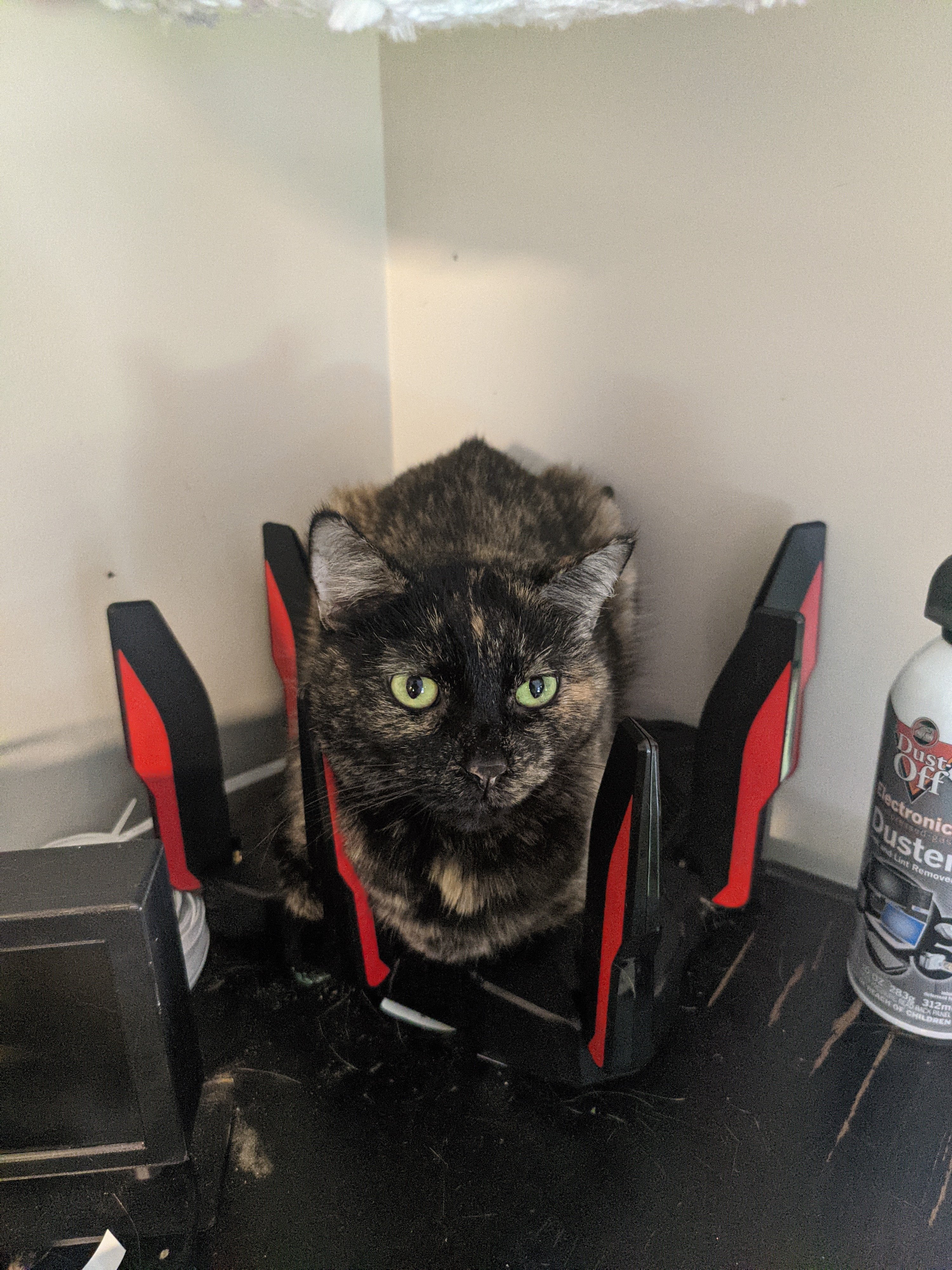this post was submitted on 12 Jul 2024
701 points (98.6% liked)
cats
19287 readers
430 users here now
typical internet cats. videos, pics, memes welcome!
rule 1) be kind
other cat communities midwest.social cats
founded 1 year ago
MODERATORS
you are viewing a single comment's thread
view the rest of the comments
view the rest of the comments

An ISP provided router is generally going to be the cheapest device they can buy that will be functional on their service.
This means that if you are using more than a handful of devices it can overwhelm the processing power of the router leading to lag, drop outs, loss of connection, sites taking ages to load, etc.
When you buy your own router you get to choose a device that fits your (and your families) needs.
If you shop at an actual tech shop instead of your local big box store, you will find a huge number of different devices available that are far more capable than either the ISP's or big boxes stores offerings.
There are even entry level professional units that can support about a hundred devices connected to it without breaking a sweat.
When I switched from ADSL to fiber years ago I purchased a D-Link DIR-879 router which at the time was good enough for my needs but had some drop out issues so I have recently upgraded to a MikroTik RB960PGS Router which is both a wired only router (no inbuilt WiFi) and much more powerful both in performance and features.
I can use a Wifi access point or two to get WiFi where I need it and it can be upgraded as new WiFi standards come out without replacing the router.